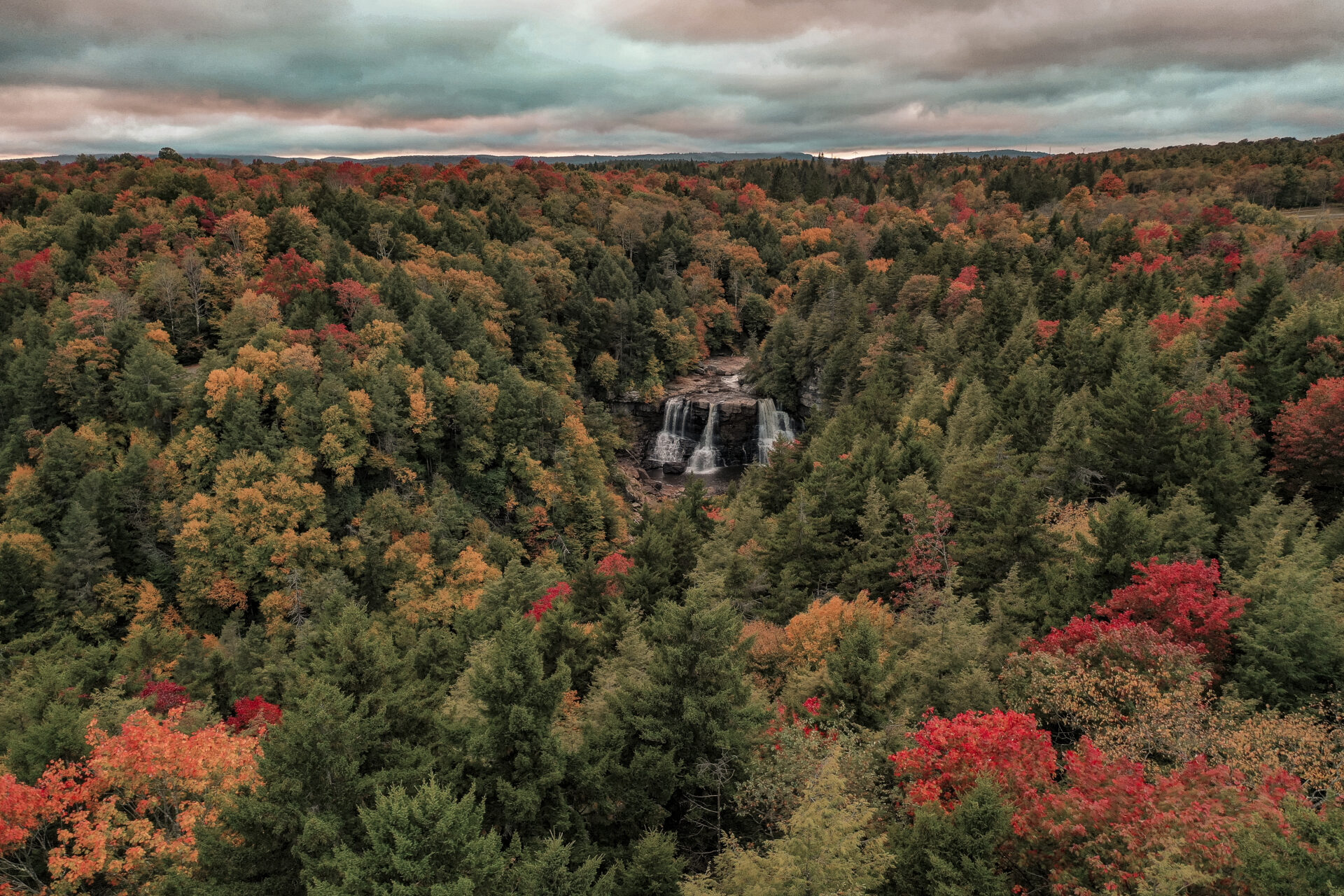The 10,000-acre Blackwater Canyon is now wholly publicly owned after a transfer of private land.
The conservation group Friends of Blackwater announced in a press release that 2,700 acres of privately owned forest and river corridor in the Blackwater Canyon have been transferred to the Monongahela National Forest.
The Crites family, which owns the hardwood manufacturer Allegheny Wood Products, announced plans to sell the property in Tucker County to the U.S. Forest Service in August.
“This is a victory for the people of West Virginia — and our many friends around the nation — who have supported this campaign, and who treasure the Mountain State’s natural beauty,” said Judy Rodd, director of Friends of Blackwater. “Friends of Blackwater remains committed to supporting ongoing conservation efforts and ensuring that Blackwater Canyon thrives as a haven for recreation, biodiversity, heritage tourism, and inspiration.”
Friends of Blackwater said in a statement that the agreement, forged by outgoing U.S. Senator Joe Manchin, is the culmination of a 25-year campaign to protect rare habitats for future generations.
Manchin mentioned the acquisition in his farewell speech on the Senate floor Dec. 4.
“The New River Gorge became a National Park, and we just agreed to acquire 2,700 acres at the Blackwater Canyon, which is the most beautiful venue,” he said. “We’ve been trying for 20 years to make this happen, and it’s finally coming to fruition, and this is gonna be so the whole country can enjoy something that just can’t believe how pretty it is.”
Rodd told WVPB that the sale was delayed in part due to the Crites family’s desire to have the land renamed. In December, Manchin introduced a bill in the U.S. Senate to officially name the Crites family acreage as “Patsye Crites Forest” but it failed to pass the House.
Blackwater Falls, at the head of the canyon, is one of the most photographed sites in West Virginia according to West Virginia State Parks.
